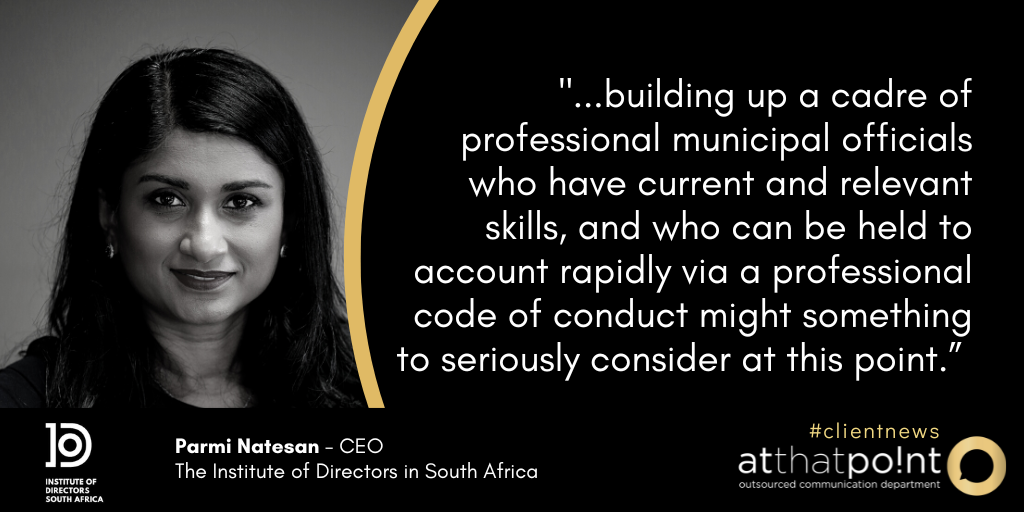|
Is it time to sit with your employee for a face-to-face discussion on how well (or poorly) they are performing?
Often, both managers and workers are not overly excited by the prospect of this sometimes awkward event. “Dreading a performance conversation is generally a sign of a poorly designed performance management system or a manager who needs to be coached on delivering assessments,” says Muhammed Goolab, Exco Member at the South African Reward Association (SARA). Performance and reward According to Goolab, there is a strong link between performance and reward, and most organisations adopt a pay-for-performance approach. So the performance conversation plays an important role in achieving corporate outcomes. It allows managers and workers to engage mutually on what results are expected of the latter and how they are to be achieved. Typical mistakes When hosting a performance conversation, managers often make several common mistakes. The first is mixing the discussion around corporate objectives and career development with that of reward determination. These distinct topics should be dealt with separately to ensure the specific result of each type of conversation is achieved. The second is approaching the conversation as a top-down evaluation, something that may be intimidating or come across as overly critical of the employee. Engagement should be a two-way process to promote a mutual understanding between both participants. Thirdly, managers may be too vague in their communication, using non-specific examples as feedback. This can create dissonance between their intended meaning and what the employee perceives they have achieved or must pursue. Whether giving feedback, setting objectives or determining rewards, every conversation should follow the SMART principle, that is, outcomes must be Specific, Measurable, Achievable, Realistic and Time-bound. Lastly, carrying out appraisals as an annual formality without a systematic performance development plan in place renders the exercise meaningless. Performance management is not a once-off event and performance conversations should be held regularly throughout the performance period, and should include informal feedback where necessary. Improving the conversation Having established that the performance conversation is an ongoing dialogue between the manager and the employee, it follows that good communication and assessment skills are essential. Companies can improve their managers’ capabilities through a rater training programme, where they receive instruction on rating employees and providing feedback in a professional and appropriate manner. It’s also important to give the employee a voice by allowing them to first engage in a self-assessment of their performance. This will reduce defensiveness and serve as a basis for productive discussion. While formal appraisals will still take place, informal feedback should be immediate, especially if it is in the form of correction. “If negative feedback has been ‘stockpiled’ for the formal performance conversation, it will only serve to break down the trust relationship between the manager and employee.” says Goolab. A conversation culture Handled correctly, a performance conversation can result in enhanced performance, based on shared respect and understanding of expectations between managers and their staff. “Every organisation should foster a culture of performance among its employees, punctuated by regular frank but sensitive appraisals, as an integral part of their reward programme,” says Goolab. ENDS MEDIA CONTACT: Rosa-Mari Le Roux, 060 995 6277, [email protected], www.atthatpoint.co.za For more information on SARA please visit: Website: www.sara.co.za Twitter: @SA_reward LinkedIn: South African Reward Association Facebook: SARA – South African Reward Association
0 Comments
|
Archives
March 2023
Welcome to the South African Reward Association newsroom.
Categories
All
|


 RSS Feed
RSS Feed